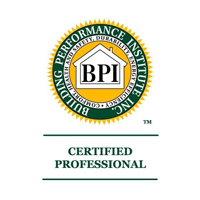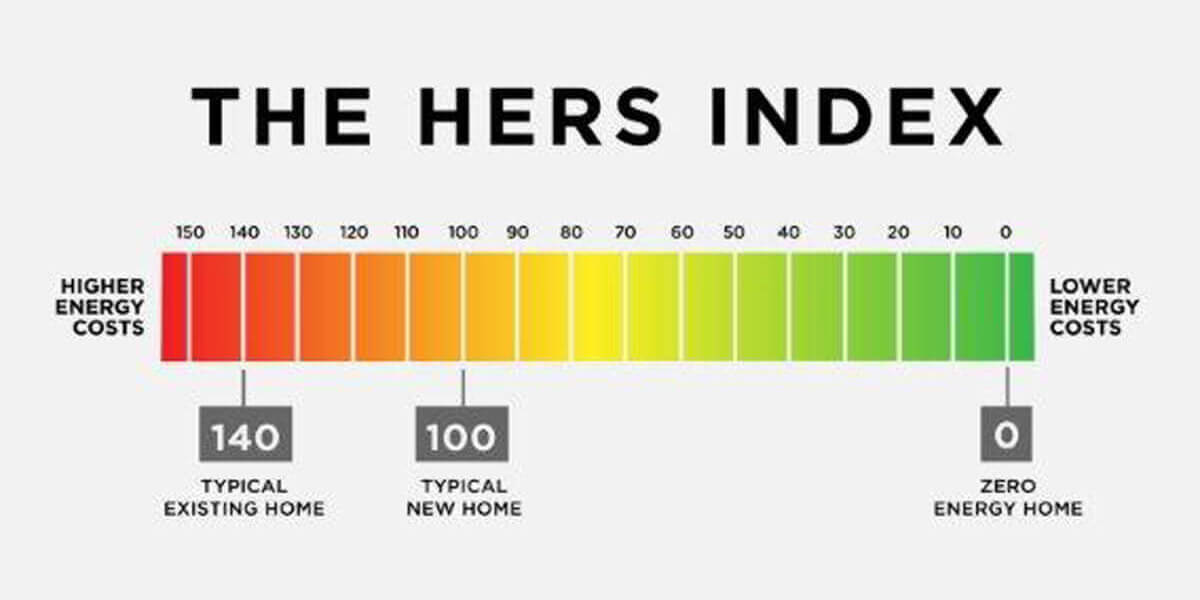Every year, the American Council for an Energy-Efficient Economy (ACEEE) scores each of the fifty states to rank them on their energy efficiency. The ACEEE is a Washington D.C. based nonprofit working to improve the energy conservation in our country. We are proud to say that the 2012 results scored Massachusetts as the most energy efficient state in the nation for the second year in a row.
The ACEEE bases their scores on different policies and programs that advocate for energy conservation. The rankings also take the economic state of each sector into account. In order to accurately figure out where each state stands, the ACEEE looks at a number of different uses of energy and determines how the states handle each situation.
First, states are evaluated on their building energy codes. These codes draw out a plan for energy efficiency in new and renovated buildings that every contractor must follow. The states that have many detailed and specific codes are the states that generally rank better overall.
The ACEEE evaluates five other areas along with the building codes, taking into account how much the state spent in each of these areas:
- Transportation
- Heat and power policies
- Government-led green initiatives
- Ideas for utility and public benefits
- Appliance standards
Nationwide, about half of the states have long-term plans for improving their energy efficiency—plans that are also adequately funded. Although many states already have impressive energy scores, there are no plans to stop progressing even more. For example, the Massachusetts government has played a role in ocean planning, the use of solar energy, and wind power among other conservation techniques.
With Massachusetts winning the energy efficient contest for two years in a row, there is competitive energy to fight for that number one spot. Close competitors are California, New York, Oregon, and Vermont, who ranked second through fifth respectively. Not only does recognition of the top-ranking states create a competition, it also recognizes the hard work of the people in each state.
Having a successfully energy efficient state like our own requires support from the government, legislature, and of course, the people. When everyone from governors to families renovating their homes work together towards an efficient lifestyle, the state progresses. This is what happened in Massachusetts.
Because our state is at the end of the gas pipeline, energy prices are higher than in other parts of the country. With people always looking to save money, our best option is to be open to plans for energy efficiency. By working together, we make these plans into realities while continuing to develop future plans.
One of the main components of successful energy efficiency is in the building codes. Insulation and air sealing make a home more energy efficient and improve its energy rating. When more and more homes insulate and air seal, the total energy consumption reduces by large amounts. Do your part to contribute to the rising energy savings in Massachusetts and in the nation; insulate your home.















